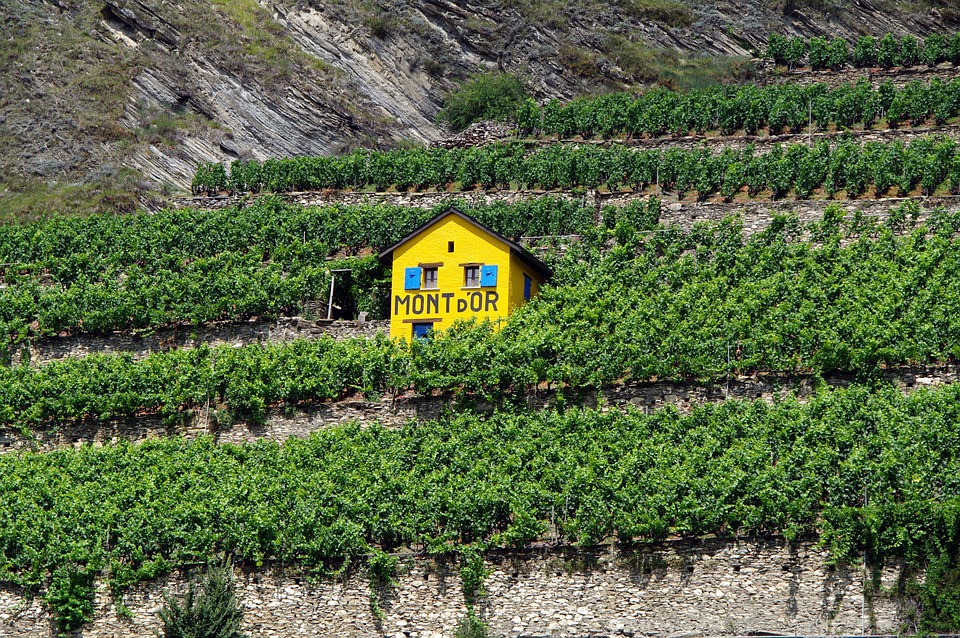Unforgettable Moments in Palme d’Or History
The Palme d’Or is one of the most prestigious awards in the film industry, presented at the Cannes Film Festival to the best film of the competition. Over the years, the Palme d’Or has been awarded to some of the greatest films in cinematic history, with unforgettable moments that have solidified their place in film history.
Apocalypse Now (1979)
One of the most memorable moments in Palme d’Or history came in 1979, when Francis Ford Coppola’s epic war film “Apocalypse Now” won the award. The film, which follows the journey of Captain Willard as he travels upriver through war-torn Vietnam to assassinate the renegade Colonel Kurtz, was a visually stunning and emotionally powerful masterpiece.
The moment when the film was announced as the winner of the Palme d’Or was met with thunderous applause and a standing ovation from the audience. The film went on to become a critical and commercial success, solidifying its place as one of the greatest films ever made.
Pulp Fiction (1994)
In 1994, Quentin Tarantino’s ground-breaking film “Pulp Fiction” took home the Palme d’Or. The non-linear narrative and unique storytelling style of the film captured the attention of audiences and critics alike, making it a landmark in the world of cinema.
When “Pulp Fiction” was announced as the winner of the Palme d’Or, it marked a turning point in Tarantino’s career, cementing his status as a visionary filmmaker. The film went on to become a pop culture phenomenon, influencing countless filmmakers and changing the landscape of cinema forever.
The Pianist (2002)
Another unforgettable moment in Palme d’Or history was in 2002, when Roman Polanski’s “The Pianist” won the award. The film, which tells the true story of pianist Władysław Szpilman’s survival during the Holocaust, was a powerful and moving portrayal of human resilience in the face of unimaginable tragedy.
When “The Pianist” was announced as the winner of the Palme d’Or, the audience was deeply moved by the film’s emotional impact and the stellar performances of its cast. The film went on to win three Academy Awards, including Best Director for Polanski, solidifying its place as a masterpiece of cinema.
Blue is the Warmest Colour (2013)
In 2013, Abdellatif Kechiche’s “Blue is the Warmest Colour” made history by becoming the first film with graphic lesbian sex scenes to win the Palme d’Or. The film tells the story of a passionate love affair between two young women, exploring themes of sexuality, identity, and desire.
When “Blue is the Warmest Colour” was announced as the winner of the Palme d’Or, it sparked controversy and debate among audiences and critics. Despite the controversy, the film was praised for its raw and emotional performances by its lead actresses and its unflinching depiction of love and desire.
Parasite (2019)
One of the most recent unforgettable moments in Palme d’Or history came in 2019, when Bong Joon-ho’s “Parasite” became the first South Korean film to win the award. The film, which tells the story of a poor family who infiltrates the lives of a wealthy family, was hailed as a masterpiece of social commentary and dark comedy.
When “Parasite” was announced as the winner of the Palme d’Or, it received a standing ovation from the audience, marking a historic moment for South Korean cinema. The film went on to win four Academy Awards, including Best Picture, making it one of the most critically acclaimed films in recent memory.
In conclusion, the Palme d’Or has a rich history of awarding some of the greatest films in cinematic history, with unforgettable moments that have left a lasting impact on audiences and critics alike. From epic war dramas to groundbreaking indie films, the Palme d’Or continues to be a symbol of excellence and innovation in the world of cinema.



